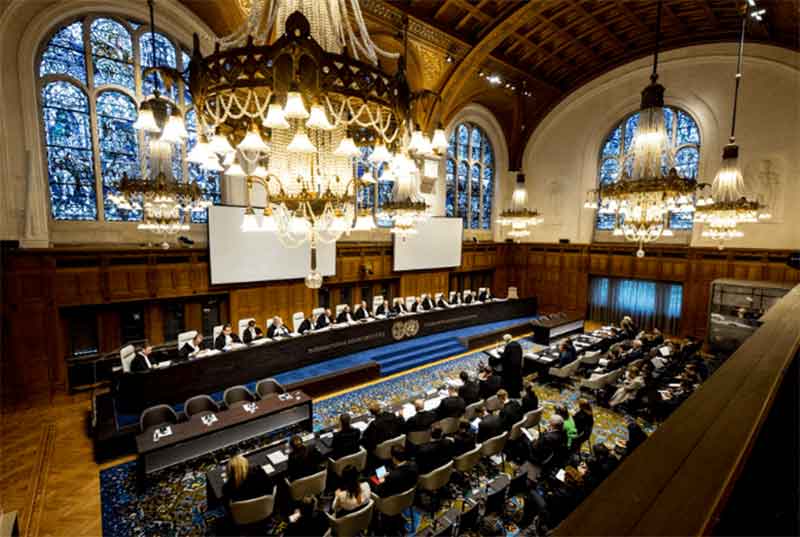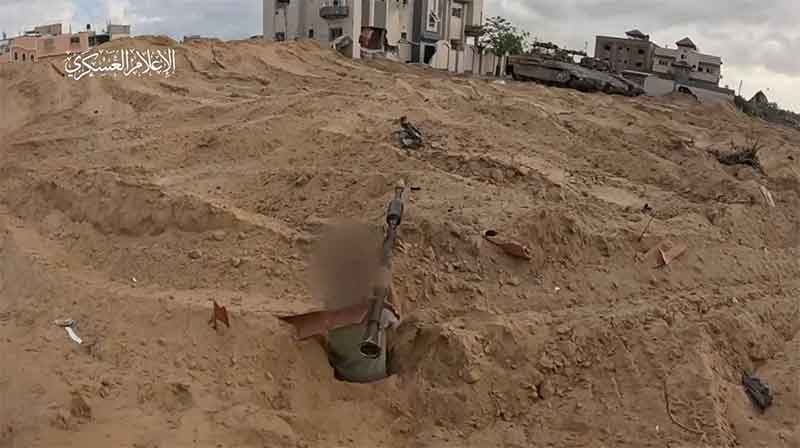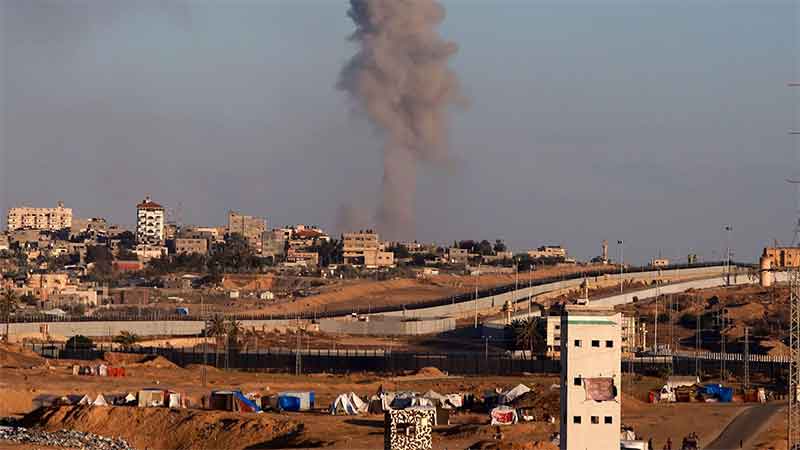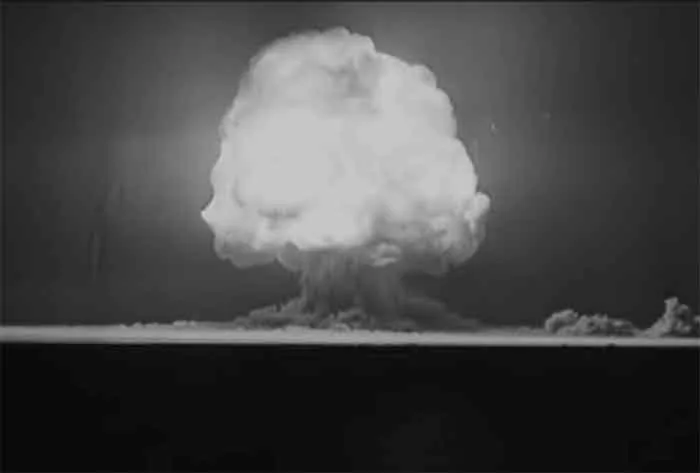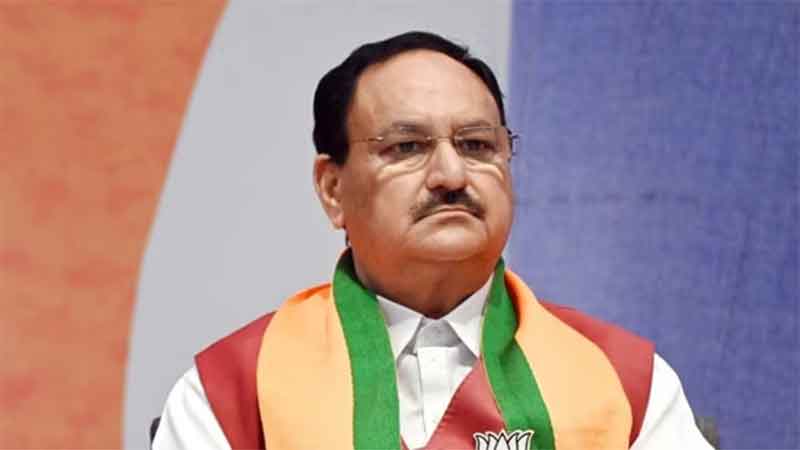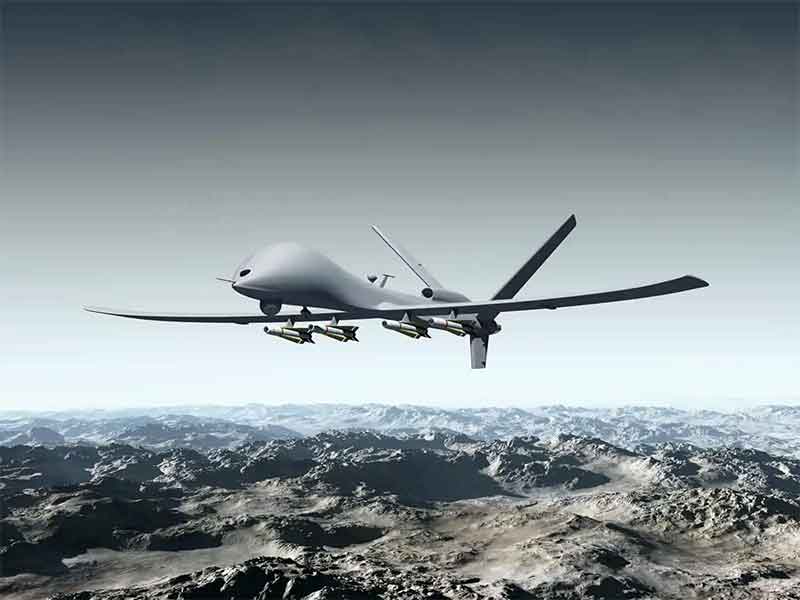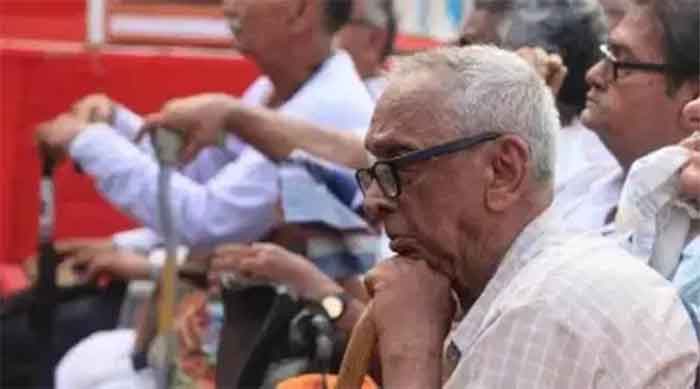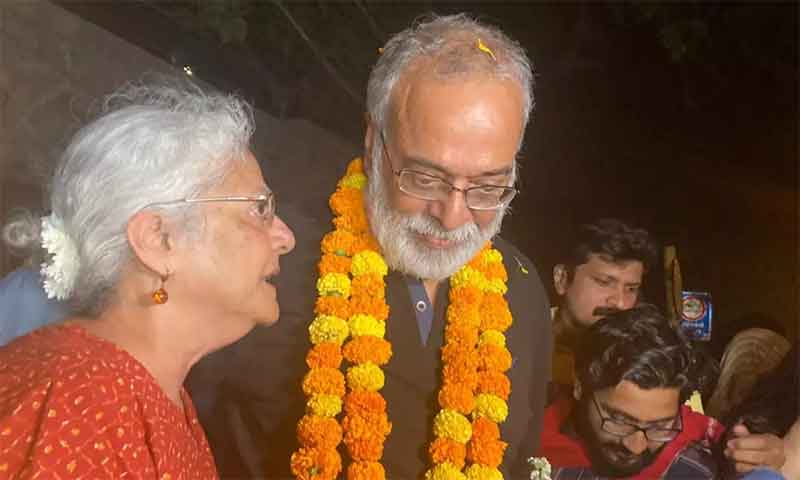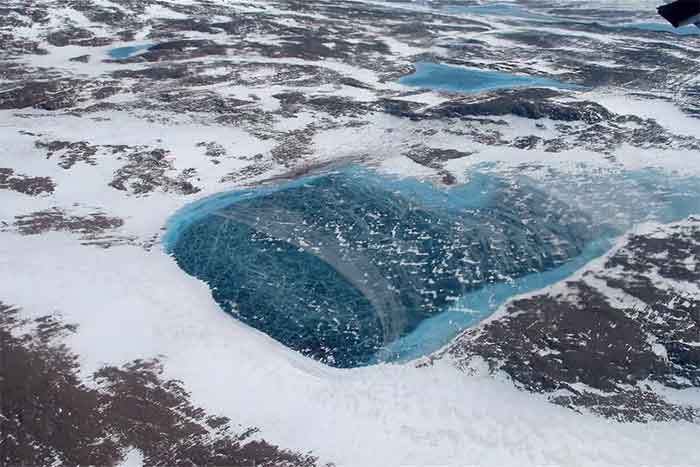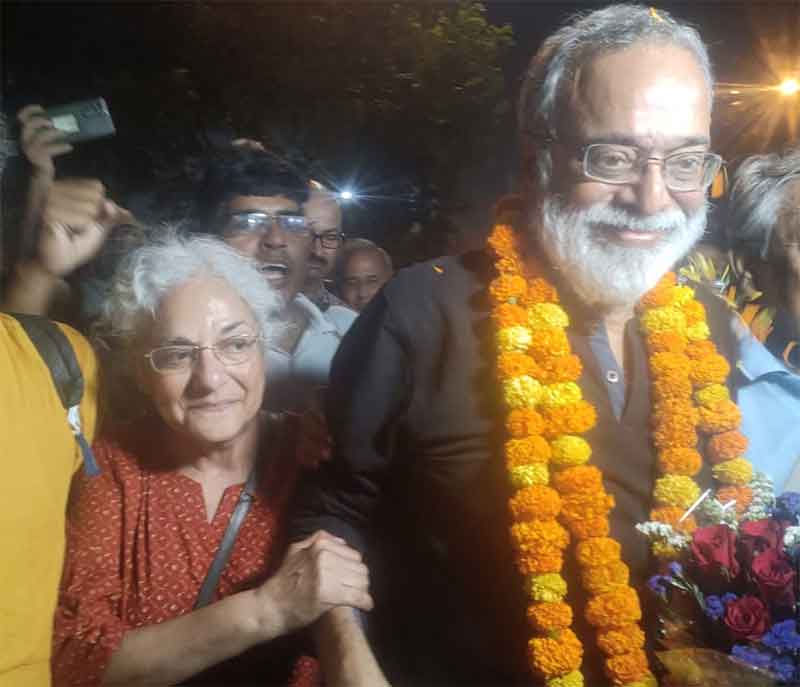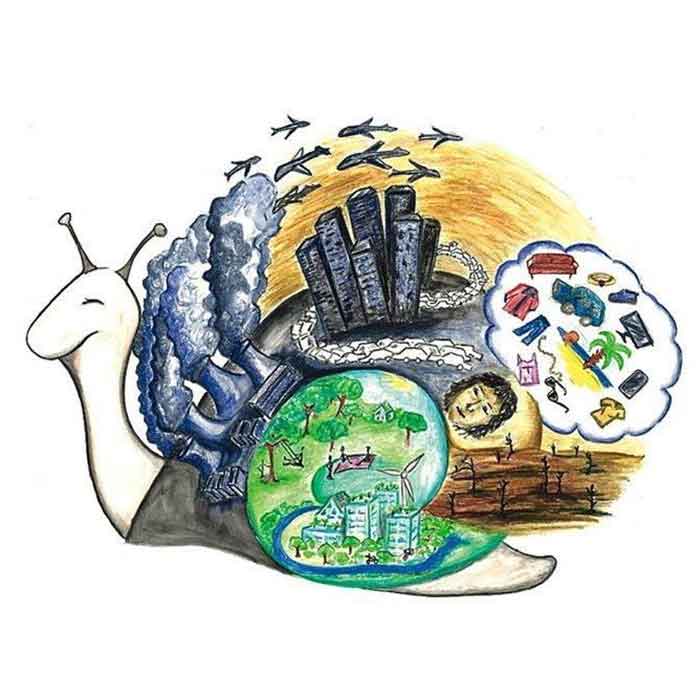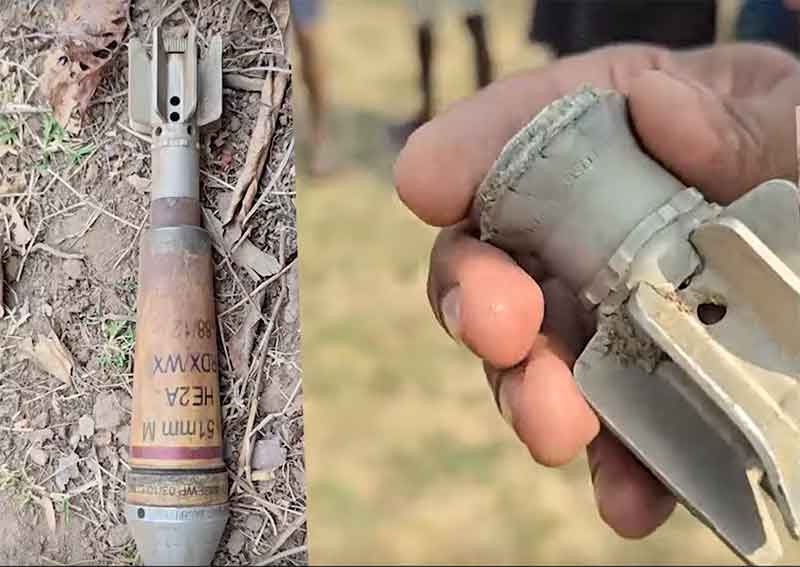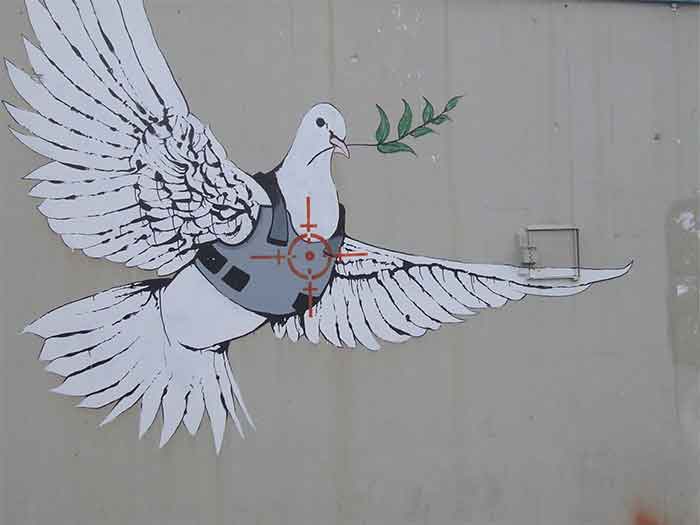
It is the biggest tragedy and folly of our times that humanity is drifting towards the most dangerous wars when peace is most needed. First it was the Ukraine war with huge loss of human life, serious injuries, massive displacement of people and above all the high risk of escalating into an even wider and bigger war. Before there was a chance to end this war or at least have a ceasefire agreement, another major conflict has broken out in the Middle-East. Just the first few days have revealed how costly this can be in terms of loss of human lives, including a large number of civilian casualties, as well as massive displacement. The mass displacement and evacuation in Gaza is a grim portent of the terrible things to come, unless early peace or at least ceasefire can be achieved somehow.
Yes, we can at least hope and pray for early peace, although as in the case of Ukraine, several strategic analysts are predicting a prolonged conflict and here too there is danger of a wider spread and escalation.
These very tragic and costly, yet at the same time very avoidable wars have come at a time when humanity can least afford them as it is already in the middle of a very serious environmental crisis, led by climate change but certainly not confined to it, which on its own can threaten the basic life-nurturing conditions of our planet. The recent avoidable but very destructive wars (and the increasingly more destructive weapons that fuel them) not only add to these threats but in addition also make it more and more difficult to mobilize the concentrated attention, cooperation, dialogue and resources needed for checking the life-threatening environmental crisis.
In such a situation the kind of sudden huge attack which the Hamas mounted on a day observed as a very holy day in Israel, was certainly very wrong. The taking of hostages from among civilians, including women, only added to the serious violation of widely accepted precepts. While this attack cannot be justified in any way, at the same time the enormity of the injustice and violence inflicted on the Palestinian people over a period of several decades should never be ignored. Such relentless injustice day after day, year after year, leads to an inherently violent situation which can burst into flames any time. The recent response of Israel has been extremely violent too. Relentless large-scale bombing of a highly vulnerable, densely populated region which has been described as an open-air prison can lead to immense damage in terms of loss of life, destruction of essential infrastructure and forced displacement of a very large number of people in conditions where they are not at all sure of where they can find shelter.
The Indian government should keep in mind these various factors while evolving its policy regarding this conflict. As the first Hamas attack was terrible and harmed the civilians a lot, it is understandable that the government of India, a country which has paid a very high price for cross-border terror attacks, hastened to express solidarity with Israel which at that stage was the victim country. But subsequently the Israel response was widely seen by the worldwide forces of peace to have violated very serious humanitarian concerns and the Indian government hastened to express its concern for the Palestinian people. The world has been most shocked by the biggest tragedy of hundreds of people dying in a hospital bombing and India has condemned this attack in strongest terms, though at the time the responsibility for this could not be fully established in the middle of various allegations and counter-allegations.
Undeniably there is the longer-term intensity and seriousness of the injustice suffered by the Palestinian people over the years. The Indian government has shown understanding, sympathy and concern for the injustice suffered by Palestinians in the past, and this should continue. Showing concern for the Palestinian people is not at all the same as approving the methods used by the Hamas. The government can criticize the Hamas at the same time while expressing its solidarity in strong terms with the Palestinians and their cause. In fact, taking a balanced stand will also help the government of India to contribute to the peace process and to the efforts aimed at ending this war as early as possible.
The Palestinian Ambassador Adnan Abu Alhaija said in Delhi on October 10 that India’s rising global stature and its ability to influence various key players in West Asia make India well-placed to play a crucial role in defusing the crisis arising out of the Israel-Hamas conflict. He said that India is a friend for both Israel and Palestine and hence is in a position to contribute to peace and resolving of issues. He also reminded people that India’s solidarity with the Palestinian people goes back to the days of Mahatma Gandhi.
Hence India should maintain a balance in its Middle-East policy at this critical juncture, balancing its sympathy for Israel as an initial victim of the attack with continuing sympathy and solidarity for the wider Palestinian cause. Such a balanced position can co-exist with a justice and peace based resolving of the crisis which of course should be the ultimate aim. We should not ignore the many voices for peace based solutions within Israel, within the Palestinian people and within the wider region. Such voices should be encouraged and such people should be brought together to suggest solutions which can be acceptable to both sides, keeping in view also previous efforts like the Oslo Accord and two-states solution. Practical solutions based on peace and safety of all people are much more important than fierce rhetoric. India should join all the forces of peace and justice in ensuring that peace can come as early as possible and loss of human lives is minimized. If early peace agreement is elusive then at least early ceasefire should be attempted so that further loss of human life can be avoided. Creating conditions in which human beings cannot live—such as by denying various basic needs—is not acceptable and the humanitarian crisis that has emerged in Gaza in this context should be rolled back by ensuring the early rehabilitation of displaced people with their basic needs being met. Medical treatment of all injured and traumatized people should get high priority and of course, all civilian hostages should be released immediately.
Bharat Dogra is Honorary Convener, Campaign to Save Earth Now. His recent books include Planet in Peril, Protecting Earth for Children and A Day in 2071.


